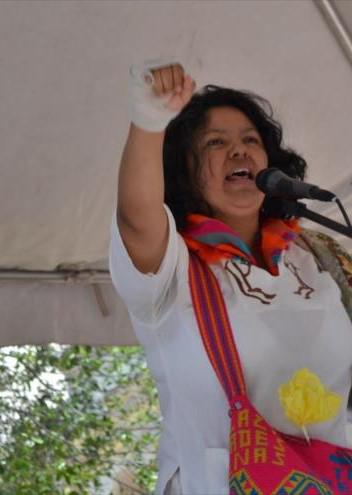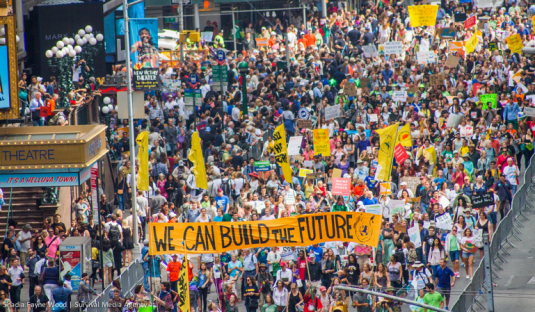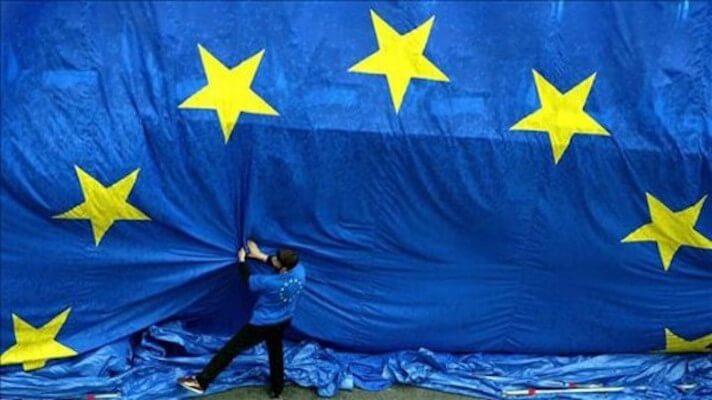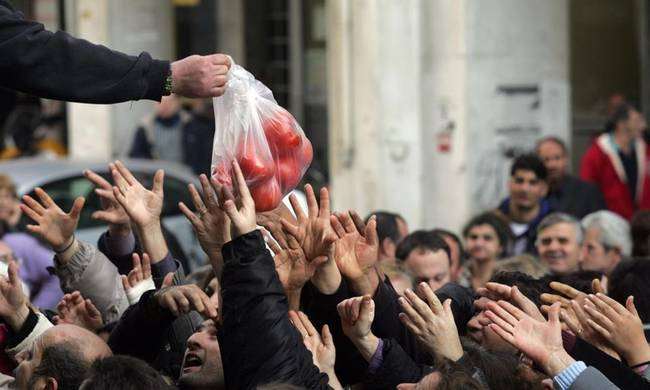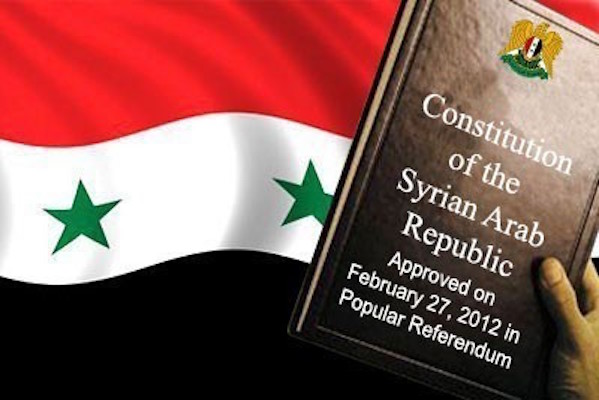Zygmunt Bauman is a Professor Emeritus of Sociology at the University of Leeds. His work has been awarded numerous international prizes, among them Spain’s Prince of Asturias Award, in 2010. In his new book Moral Blindness he and co-author Leonidas Donskis warn about the loss of community in our increasingly individualistic world. In his interview to Ricardo de Querol in El Pais, Zygmunt Bauman expresses his views for the crisis of the democratic institutions and the lack of freedom in our modern world.
QUESTION. You have described inequality as a “metastasis.” Is democracy under threat?
ANSWER. We could describe what is going on at the moment as a crisis of democracy, the collapse of trust: the belief that our leaders are not just corrupt or stupid, but inept. Action requires power, to be able to do things, and we need politics, which is the ability to decide what needs to be done. But that marriage between power and politics in the hands of the nation state has ended. Power has been globalized, but politics is as local as before. Politics has had its hands cut off. People no longer believe in the democratic system because it doesn’t keep its promises. We see this, for example, with the migration crisis: it’s a global phenomenon, but we still act parochially. Our democratic institutions were not designed for dealing with situations of interdependence. The current crisis of democracy is a crisis of democratic institutions.
Q. In which direction is the pendulum that you describe between freedom and security swinging at the moment?
A. These are two values that are tremendously difficult to reconcile. If you want more security, you’re going to have to give up a certain amount of freedom; if you want more freedom, you’re going to have to give up security. This dilemma is going to continue forever. Forty years ago we believed that freedom had triumphed and we began an orgy of consumerism. Everything seemed possible by borrowing money: cars, homes… and you just paid for it later. The wakeup call in 2008 was a bitter one, when the loans dried up. The catastrophe, the social collapse that followed hit the middle classes particularly hard, dragging them into a precarious situation where they remain: they don’t know if their company is going to merge with another and they will be laid off, they don’t know if what they have bought really belongs to them… Conflict is no longer between classes, but between each person and society. It isn’t just a lack of security, but a lack of freedom.
Q. You say that progress is a myth, because people no longer believe the future will be better than the past.
A. We are in a period of interregnum, between a time when we had certainties and another when the old ways of doing things no longer work. We don’t know what is going to replace this. We are experimenting with new ways of doing things. Spain tried questioning things through the May 15 (15M) movement, when people took over public spaces, arguing, trying to replace parliamentary procedures with a kind of direct democracy. This hasn’t lasted long. Austerity policies will continue, nobody could stop them, but they could still be relatively effective in finding new ways to do things.
Q. You have argued that the likes of 15M and the global Occupy movement know “how to clear the way, but not how to create something solid.”
A. People set aside their differences for a while in the public squares for a common goal. If that goal is negative, about getting angry with someone, there is more chance of success. In a way it could have been an explosion of solidarity, but explosions are very powerful and short-lived.
“Most people use social media not to open their horizons wider, but to lock themselves in a comfort zone”
Q. You also believe that by their nature, there is no room for leadership in rainbow coalitions.
A. It is precisely because such movements lack leaders that they can survive, but it is also precisely because they lack leaders that they cannot convert their sense of purpose into action.
Q. In Spain, the 15M movement has helped create new political forces.
A. Changing one party for another will not solve the problem. The problem is not that the parties are wrong, but that they don’t control things. Spain’s problems are part of a global problem. It’s a mistake to think you can solve things internally.
Q. What do you think about the Catalan independence project?
A. I think we’re still following the principles of Versailles, when the idea of each nation’s right to self rule was established. But that’s a fiction in today’s world, when there are no more homogeneous territories. Today, every society is just a collection of diasporas. People join the societies to which they are loyal and pay their taxes, but at the same time, they do not want to give up their identity. The connection between where you live and identity has been broken. The situation in Catalonia, as in Scotland or Lombardy, is a contradiction between tribal identity and citizenship. They are Europeans, but they don’t want to talk to Brussels via Madrid, but via Barcelona. The same logic is emerging in almost every country. We are still following the same principles established at the end of World War I, but there have been many changes in the world.
“Our democratic institutions were not designed for dealing with situations of interdependence”
Q. You are skeptical of the way people protest through social media, of so-called “armchair activism,” and say that the internet is dumbing us down with cheap entertainment. So would you say that the social networks are the new opium of the people?
A. The question of identity has changed from being something you are born with to a task: you have to create your own community. But communities aren’t created, and you either have one or you don’t. What the social networks can create is a substitute. The difference between a community and a network is that you belong to a community, but a network belongs to you. You feel in control. You can add friends if you wish, you can delete them if you wish. You are in control of the important people to whom you relate. People feel a little better as a result, because loneliness, abandonment, is the great fear in our individualist age. But it’s so easy to add or remove friends on the internet that people fail to learn the real social skills, which you need when you go to the street, when you go to your workplace, where you find lots of people who you need to enter into sensible interaction with. Pope Francis, who is a great man, gave his first interview after being elected to Eugenio Scalfari, an Italian journalist who is also a self-proclaimed atheist. It was a sign: real dialogue isn’t about talking to people who believe the same things as you. Social media don’t teach us to dialogue because it is so easy to avoid controversy… But most people use social media not to unite, not to open their horizons wider, but on the contrary, to cut themselves a comfort zone where the only sounds they hear are the echoes of their own voice, where the only things they see are the reflections of their own face. Social media are very useful, they provide pleasure, but they are a trap.
